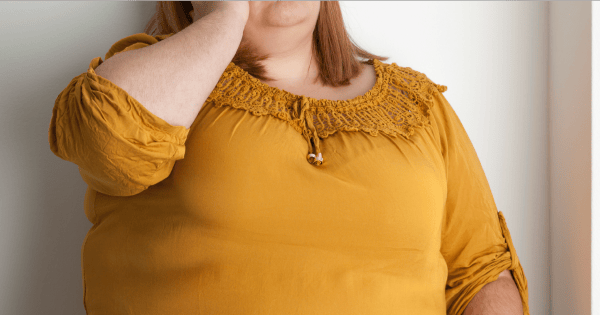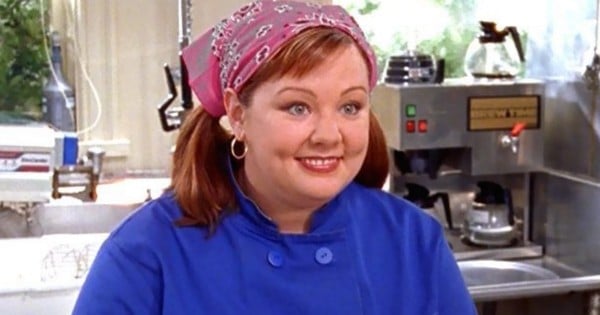
I first read about Errol Narvaez at the end of a draining week. Fatigue had sunk into my bones, and I felt weakened, made pliable by stress. I had taken a rare day off to spend some time in one of my favorite state parks. After a long hike, I stopped by a favorite cafe in a neighboring town. A beautiful young woman sat near the counter. Her shiny black hair fell in sheets over her crisp houndstooth jacket. She was striking, all contrast and vibrance in the afternoon light.
She was happily talking with her companion when her sparkling eyes turned to me, where they stayed and slowly turned cold. She watched as I walked to the counter, watched as I stood in line, watched as I waited, watched as I ate my food, watched as I left. She fell silent, staring openly, unresponsive when I returned her gaze. A iciness gathered in her. I smiled, hoping to fend off chill with warmth.
I have become accustomed to stares. As a fat person, you learn to ignore, disregard, joke about them, but they’re difficult to ignore completely. The challenge is in distinguishing whether or not a stare will mutate into action, interaction, harassment, violence.




Top Comments
One thing was glaringly omitted from this article - the impact that being 'fat' has not only on an individual, but on society as a whole. It is the one of the biggest costs to our healthcare system (a 2010 study put the cost at $21bn in 2005 alone); I just don't feel that any article defending a person's right to be fat can simply skip over this issue. As someone who eats well and exercises regularly, but who has struggled with weight issues before, I understand the struggle. But this "stop judging fat people" diatribe does not help either.
I understand that in some instances, it's a real health issue preventing people from losing weight. However, for many others (including myself), it IS a lifestyle choice. What would the effect be if planes, football stadiums etc started offering "fat seats"? Apart from the marginalisation people would experience, it would essentially be normalising and accepting something that is a very serious cultural and community health issue.
Agreed. Addressing the obesity issue is not about judging and shaming "fat" people at all.
For those of you who think purchasing 2 seats solves everything - it doesn't. I've tried to do that numerous times, and the absolute rigmarole you have to go through to explain yourself is amazing. And in the end, I have been refused on 2 occasions! Both those occasions they were trying to make me upgrade to business class but at 4+ times the cost? Are you kidding me? And no, I didn't need 2 whole seats, I just know it's cramped and I like a little extra space around me.